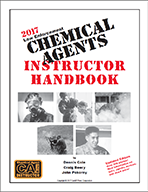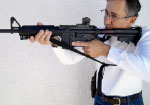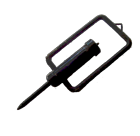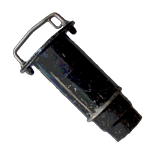CALLED OUT IN THE MIDDLE OF THE NIGHT?
WAYS TO MITIGATE THE EFFECT!
Sleep inertia is a recognized state of transition from sleep to wakefulness. New research into sleep inertia has revealed a range of effects, including:
- Impairment of performance and reaction time on tasks ranging from arithmetic to simple motor tasks such as grip strength and finger tapping.
- Reduction in memory ability.
- Impairment of the ability to make decisions.
 Decision making is a cognitively complex process that involves recognition of the need to make a decision, generation of decision alternatives, and selection of a decision alternative. Within the first three minutes of waking, decision-making performance can be as low as 51 percent of the person’s best decision-making ability before sleep. Decision-making performance may still be 20 percent below optimum performance 30 minutes after waking. †
Decision making is a cognitively complex process that involves recognition of the need to make a decision, generation of decision alternatives, and selection of a decision alternative. Within the first three minutes of waking, decision-making performance can be as low as 51 percent of the person’s best decision-making ability before sleep. Decision-making performance may still be 20 percent below optimum performance 30 minutes after waking. †
Fortunately, the most devastating effects of sleep inertia seem to dissipate after 10 minutes. Officers called from bed by dispatch should NOT try to remember incident details and should NOT make decisions on the phone. Instead, they should take a few minutes to get dressed, get their gear, and then ask for details once in the car.
For their part, officers should have pen, paper and a bright light ready when answering call-outs. A seriously impaired memory and decision-making function should not be relied upon. The best tool for recovery is simply time. After 10 minutes, most of the disability has dissipated. Loud music, bright lights and cold water on the face all seem to actually help.
Another helpful strategy might be to move uniforms and duty gear to another part of the house where officers could get more actively and noisily dressed for call-outs, without concern for waking sleeping loved ones. Caffeine can help, and officers could pop an alertness aid while getting dressed, but the effects usually take 20 to 30 minutes to be felt.
For their part, dispatchers need to be aware that officers whom they are awakening could be at just half their decision-making ability, and they could be only as cognitive as someone with a BAC of 0.10. The instructions and details need to be repeated slowly and clearly, and probably again once the officer is in the car responding. ‡
Grenadiers should be aware that if they are napping at a call out and asked to make concise calculations upon waking they need to double and triple check their work.





